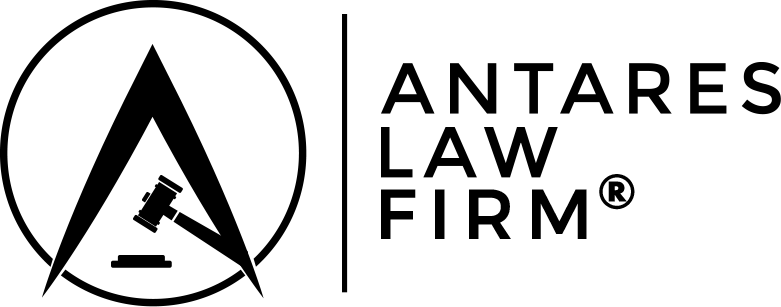Sole Proprietorship vs. LLC: Choosing the Right Structure for Your Business
Starting a business in Maryland involves selecting a structure that aligns with your goals while adhering to state regulations. Two common options for entrepreneurs are the sole proprietorship and the limited liability company (LLC). Each has its own advantages and considerations, particularly within Maryland's legal framework. Understanding the differences can help you make the right choice for your venture.
What Is a Sole Proprietorship?
A sole proprietorship is the simplest business structure, where the owner and the business are legally the same. In Maryland, setting up a sole proprietorship is straightforward and requires minimal paperwork. You do not need to file formation documents with the state, but if you are operating under a trade name (a name other than your legal name), you will need to register it with the Maryland Department of Assessments and Taxation (SDAT). Additionally, compliance with state and local licensing requirements is mandatory. Tax-wise, business income is reported on your personal tax return and is subject to Maryland’s individual income tax rates, which range from 2% to 5.75%, depending on your income level.
Advantages and Disadvantages of a Sole Proprietorship
The primary advantages of a sole proprietorship are its simplicity, low cost, and direct control—you call all the shots. However, this simplicity comes with a downside: personal liability. Because there is no legal separation between you and your business, you are personally responsible for any debts or legal obligations your business incurs. This structure may also make it more challenging to secure financing or attract investors since there is no formal legal entity.
What Is an LLC?
A limited liability company (LLC) offers a distinct legal entity separate from its owners (referred to as members). In Maryland, forming an LLC involves filing Articles of Organization with the SDAT and paying a $100 filing fee. You will also need to designate a resident agent in Maryland to handle legal and official correspondence on behalf of the LLC. While not legally required, drafting an operating agreement is highly recommended to outline the LLC’s management structure and operations. Once established, an LLC must file an Annual Report with the SDAT and pay a $300 fee each year. Be sure to check the latest SDAT fee schedule, as fees are subject to change.
Advantages and Disadvantages of an LLC
While an LLC does involve higher costs and more administrative responsibilities compared to a sole proprietorship, an LLC offers liability protection, meaning your personal assets are generally shielded from business debts and lawsuits. LLCs also offer tax flexibility, allowing you to choose to be taxed as a sole proprietorship, partnership, or corporation, depending on what best suits your financial situation. We encourage you to consult with an accountant to evaluate your tax election options to understand how they may impact your business.
Key Factors to Consider When Choosing
When deciding between a sole proprietorship and an LLC in Maryland, consider several factors. If your business is exposed to significant risk, the liability protection of an LLC can offer peace of mind. Evaluate how each structure impacts your tax obligations, including both state and federal taxes. Additionally, think about your capacity to handle the administrative requirements of an LLC, such as annual filings and fees. Finally, consider your future growth plans. If you anticipate seeking investors or expanding significantly, an LLC provides a more formal structure that may facilitate those goals.
Making the Right Choice for Your Business
Ultimately, the choice between a sole proprietorship and an LLC depends on your specific business needs, risk tolerance, and long-term objectives. A sole proprietorship is ideal for simplicity and direct control, while an LLC offers enhanced protection and flexibility at the cost of additional complexity. Consulting with a legal or financial professional can provide tailored guidance to help you select the best structure for your Maryland business. Whatever you choose, taking the first step toward starting your business is an achievement worth celebrating.
-Laila Ghauri, Esq., Trademark and Business Lawyer, Antares Law Firm
Please note that the information contained in this article does not constitute legal advice. Laws and regulations can vary by jurisdiction, so it is advisable to consult with an attorney to address your specific legal needs.
About the Author
This article was written by Laila Ghauri, Esq., is a trademark and business attorney and the founder of Antares Law Firm. She specializes in helping entrepreneurs and business owners navigate the complexities of starting and growing their businesses. From selecting the right business structure to protecting intellectual property, She offers tailored legal solutions that empower her clients to succeed.



